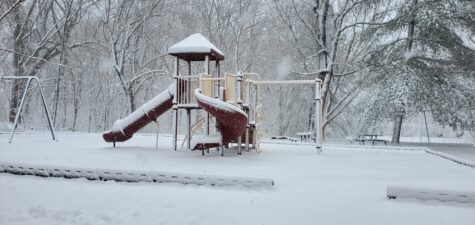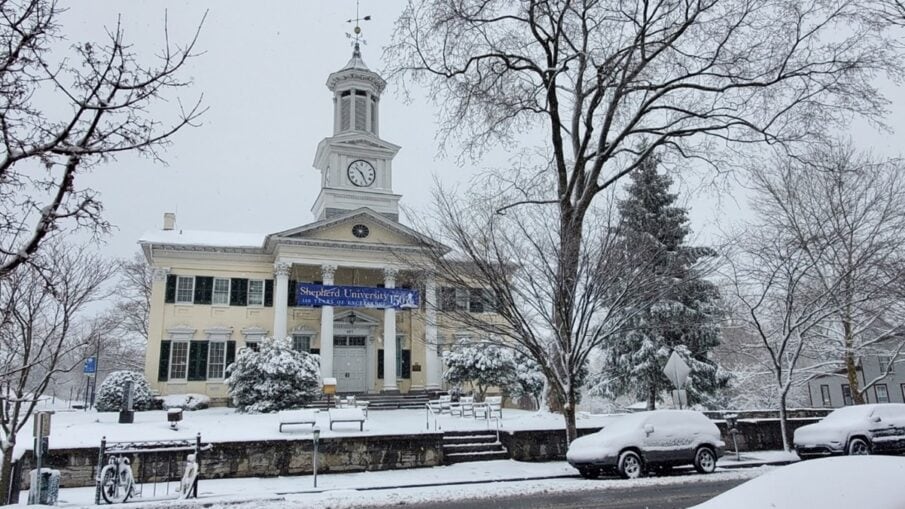Editor’s Note: To see a video about Shepherd’s snowy day policy, go here.
In a post Covid world, colleges have adapted methods of maintaining class time while staying distanced. Shepherd University recently changed its policy on campus closures due to inclement weather to as follows:
“For the remainder of the semester, Flexible Instructional Days have been adopted. Unless otherwise announced, when Shepherd University is closed or classes are cancelled for inclement weather or a building emergency, instructional activities will continue virtually when possible.”
According to the updated policy, Shepherd’s professors now have the option to provide their classes virtually, either synchronously or asynchronously. In the case of synchronous classes, professors may not take a graded attendance to not penalize students for the resources they may or may not have access to.

Changes to the policy aim to take advantage of updated technology and practices available to the university that were not considered in the making of the previous policy.
By placing classes online that would otherwise be canceled, Shepherd hopes to remove confusion surrounding events such as delayed openings, in which a class at 10am could possibly be canceled if campus opens at noon instead.
According to Shepherd’s Dean of Business, Ben Martz, this flexibility allows classes to be scheduled more freely by allowing classes to begin on the hour, rather than 15 to 20 minutes after to accommodate possible delays. By doing this, Shepherd hopes to give their Calendar Committee a more flexible timeline to plan out future semesters.

Additionally, Shepherd had to consider residential students when changing policies. Approximately 32% of Shepherd’s students live on campus. Staff such as campus police, food service, and facilities workers will still be required to come to work in the event of campus closures to maintain the safety of these students.
Shepherd’s new policy hopes to encompass as many scenarios as possible but acknowledges that it is not feasible to meet every possible scenario. As of now, this new policy is intended to remain unchanged, but Shepherd acknowledges the possibility of necessary changes to arise in the future.

Leave a Reply